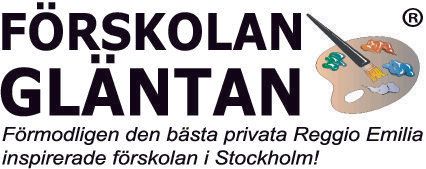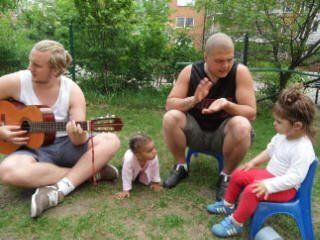Guidelines for illness
Keeping a preschool free from infections is impossible. Some infections should be used to strengthen the resilience and infectiousness should not be exaggerated. However, it would be good if we could stick to some guidelines that we agreed to avoid wonder and annoyance.
Basic rule: The
child's general license is crucial for returning to the business. The child must participate in the pre-school's planned activities, which may involve outdoor activities for several hours.
In the case of "common colds"
you should of course be at home if you have a fever. Otherwise, one must assess on a case-by-case basis depending on how the child is included. Does the child manage to participate in the regular activities at preschool? A child can work fresh at home, but does not manage to stay in a group all day long. The risk of infection is the greatest when a cold breaks out.
In case of eye infections
, you are at home until your eyes are free from where.
In case of gastrointestinal infections
you are at home when you have diarrhea and vomiting and keep diet. You have to be home one day extra to check that your stomach can withstand common food.
In the case of penicillin treatment
, you should be home during the first few days. Any infection has broken down in the meantime and you have now been able to see if the penicillin has been working. If the child is to be home longer or if it is OK to be at preschool, we must judge together! Is the child very involved, tired and out of the threads? Is there enough staff just then that can set up and take care of a small child, who is extra hungry? Sometimes you can judge as appropriate that your child is home for a while to recover.
At impetigo / swine fever
you are at home until the wound is healed. It is contagious and requires that you keep separate towels, pillows, etc. in a way that is impossible at the preschool.

